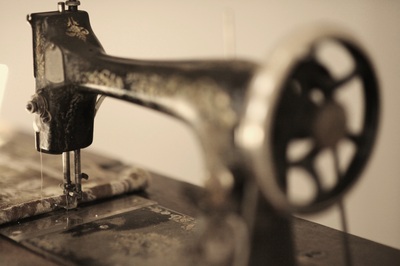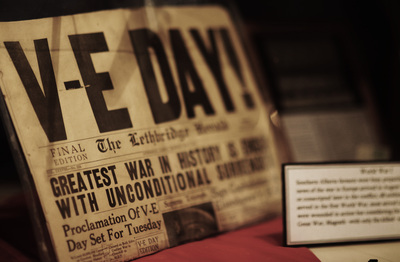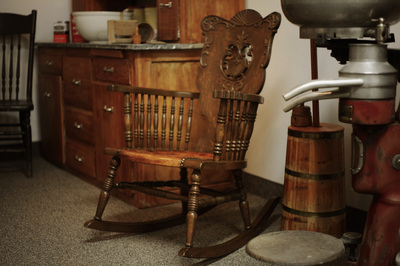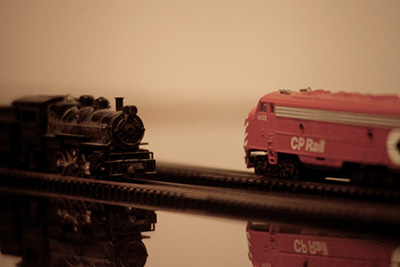A. Louise Spencer
RCAF Women’s Division
Spit Upon
Corporal Ann Louise Spencer joined the RCAF Women’s Division (WD) in the summer of 1942, along with some 17,000 other women by the end of the war. Louise served in the Royal Canadian Air Force for the better part of four years. Her father, J. Arthur Spencer, having fought at Vimy Ridge during World War I, enlisted with the Calgary Highlanders during the Second World War, serving in Canada and Great Britain.
Initially posted to No. 8 Repair Depot in Winnipeg, Manitoba, Louise was shocked to find that the people of Winnipeg held little regard for women in the military. When she tried to get a seat in a partially filled restaurant, she was refused service and told that the facility was full. Another time she found herself spit upon while walking down the street. But according to her, conditions gradually improved after the YWCA printed a brief bio and picture of each of the girls in the local paper. Then people began inviting the women into their homes.
Louise later worked in the maintenance hangar at No. 19 SFTS (Service Flying Training School) in Vulcan, Alberta for two years. There, men were training for their pilot’s wings on the twin-engine Anson aircraft. Louise might have liked to fly, but quickly learned that the only women to do so in the war were those few who already held their pilot’s licenses—and then only to ferry planes to where they were needed by the men.
Louise Spencer and all those who served in the military deserve our gratitude. Theirs is a compelling tale of the times, of courage amidst adversity. What such women and men did is a testimony to their integrity and a blessing upon our heads.
RCAF Women’s Division
Spit Upon
Corporal Ann Louise Spencer joined the RCAF Women’s Division (WD) in the summer of 1942, along with some 17,000 other women by the end of the war. Louise served in the Royal Canadian Air Force for the better part of four years. Her father, J. Arthur Spencer, having fought at Vimy Ridge during World War I, enlisted with the Calgary Highlanders during the Second World War, serving in Canada and Great Britain.
Initially posted to No. 8 Repair Depot in Winnipeg, Manitoba, Louise was shocked to find that the people of Winnipeg held little regard for women in the military. When she tried to get a seat in a partially filled restaurant, she was refused service and told that the facility was full. Another time she found herself spit upon while walking down the street. But according to her, conditions gradually improved after the YWCA printed a brief bio and picture of each of the girls in the local paper. Then people began inviting the women into their homes.
Louise later worked in the maintenance hangar at No. 19 SFTS (Service Flying Training School) in Vulcan, Alberta for two years. There, men were training for their pilot’s wings on the twin-engine Anson aircraft. Louise might have liked to fly, but quickly learned that the only women to do so in the war were those few who already held their pilot’s licenses—and then only to ferry planes to where they were needed by the men.
Louise Spencer and all those who served in the military deserve our gratitude. Theirs is a compelling tale of the times, of courage amidst adversity. What such women and men did is a testimony to their integrity and a blessing upon our heads.




